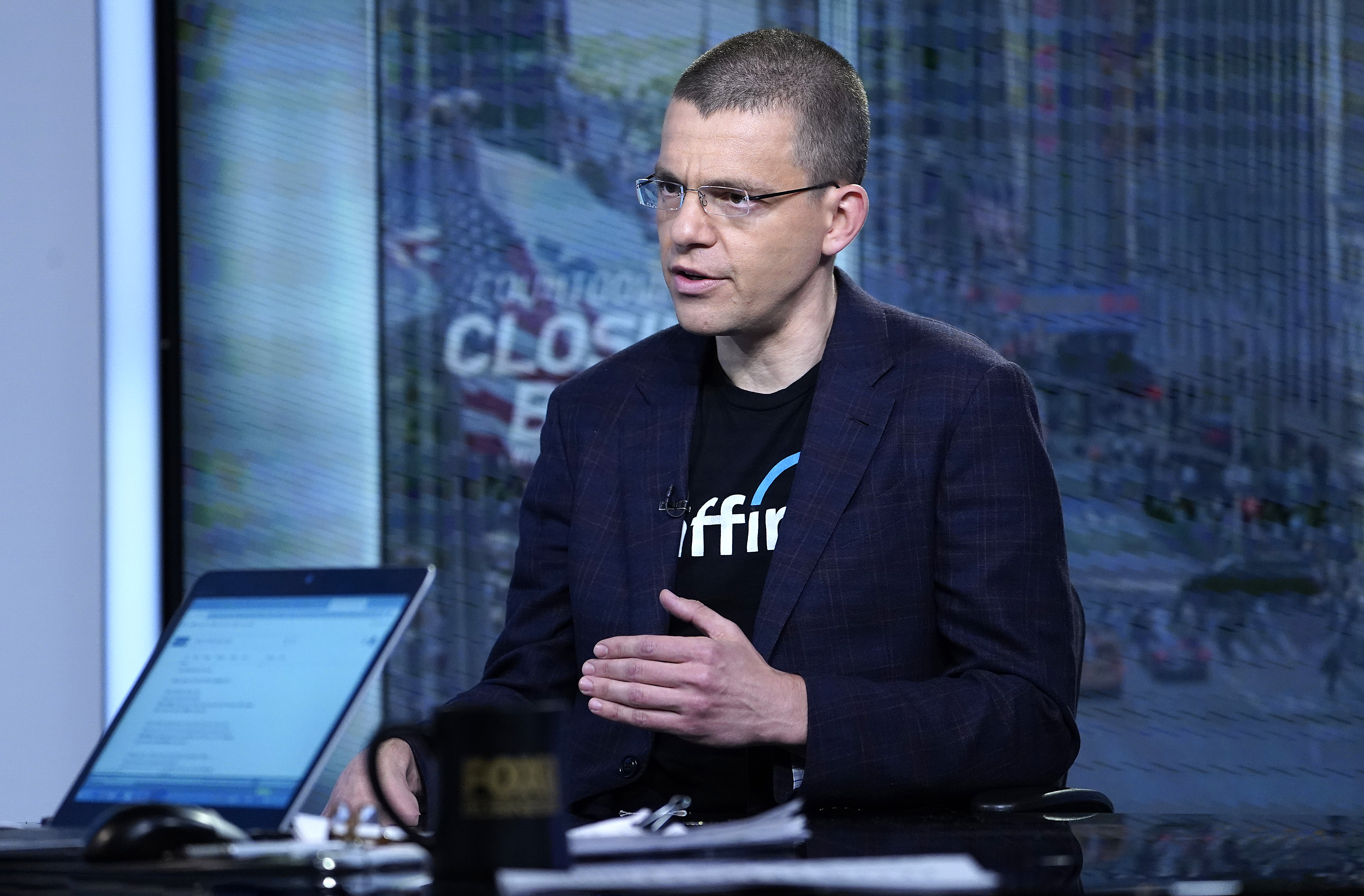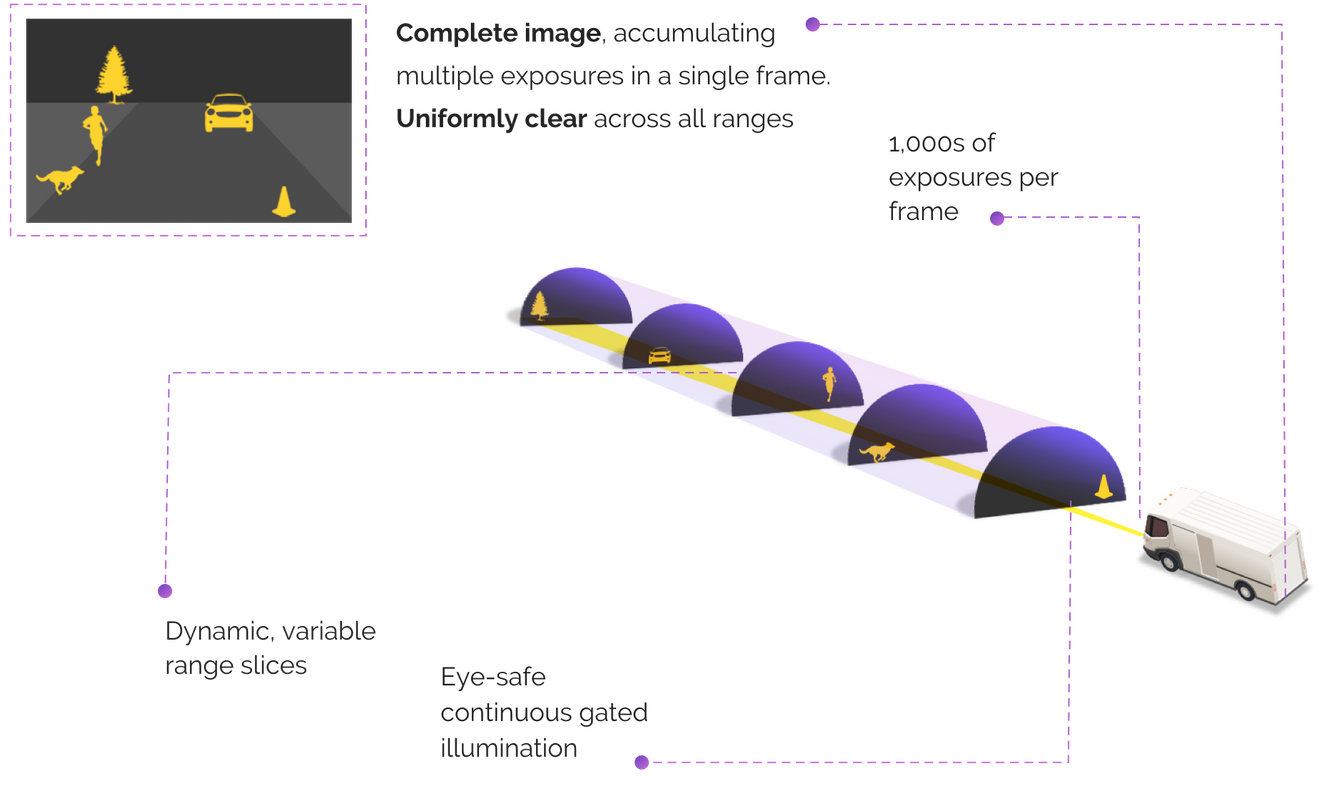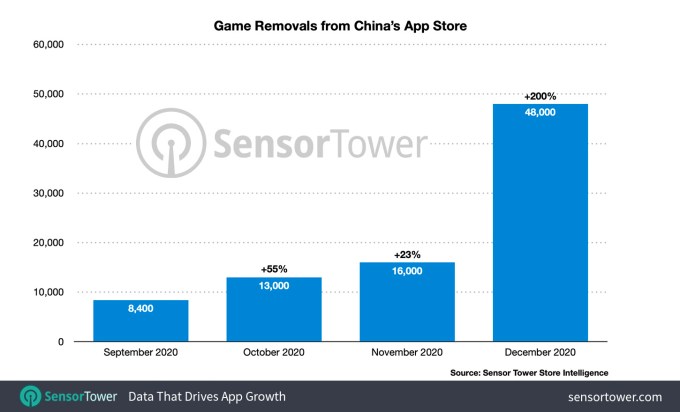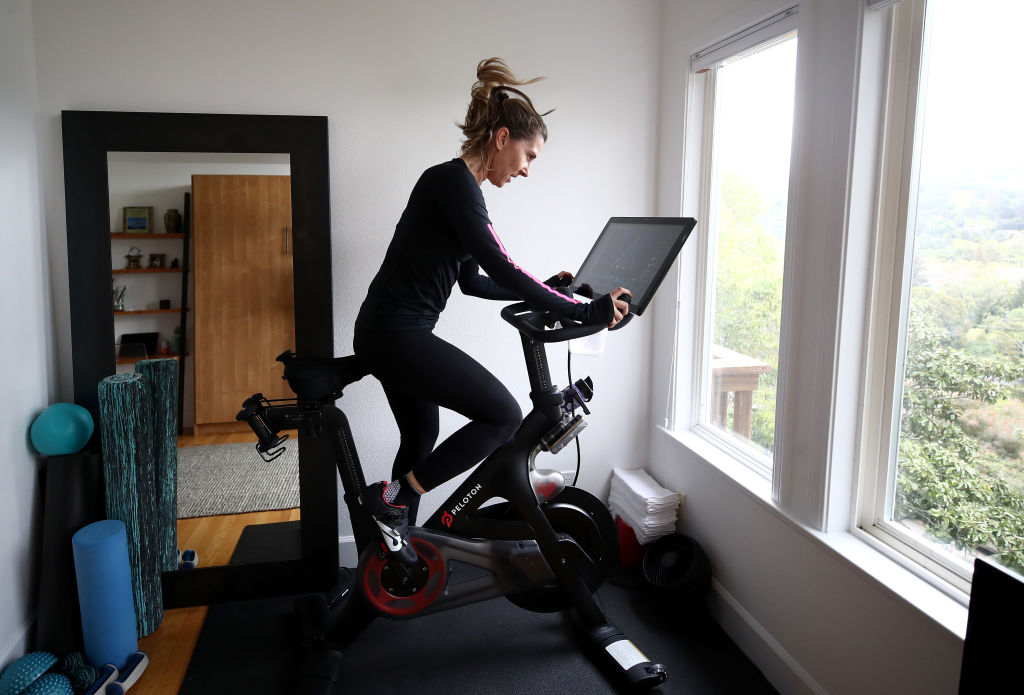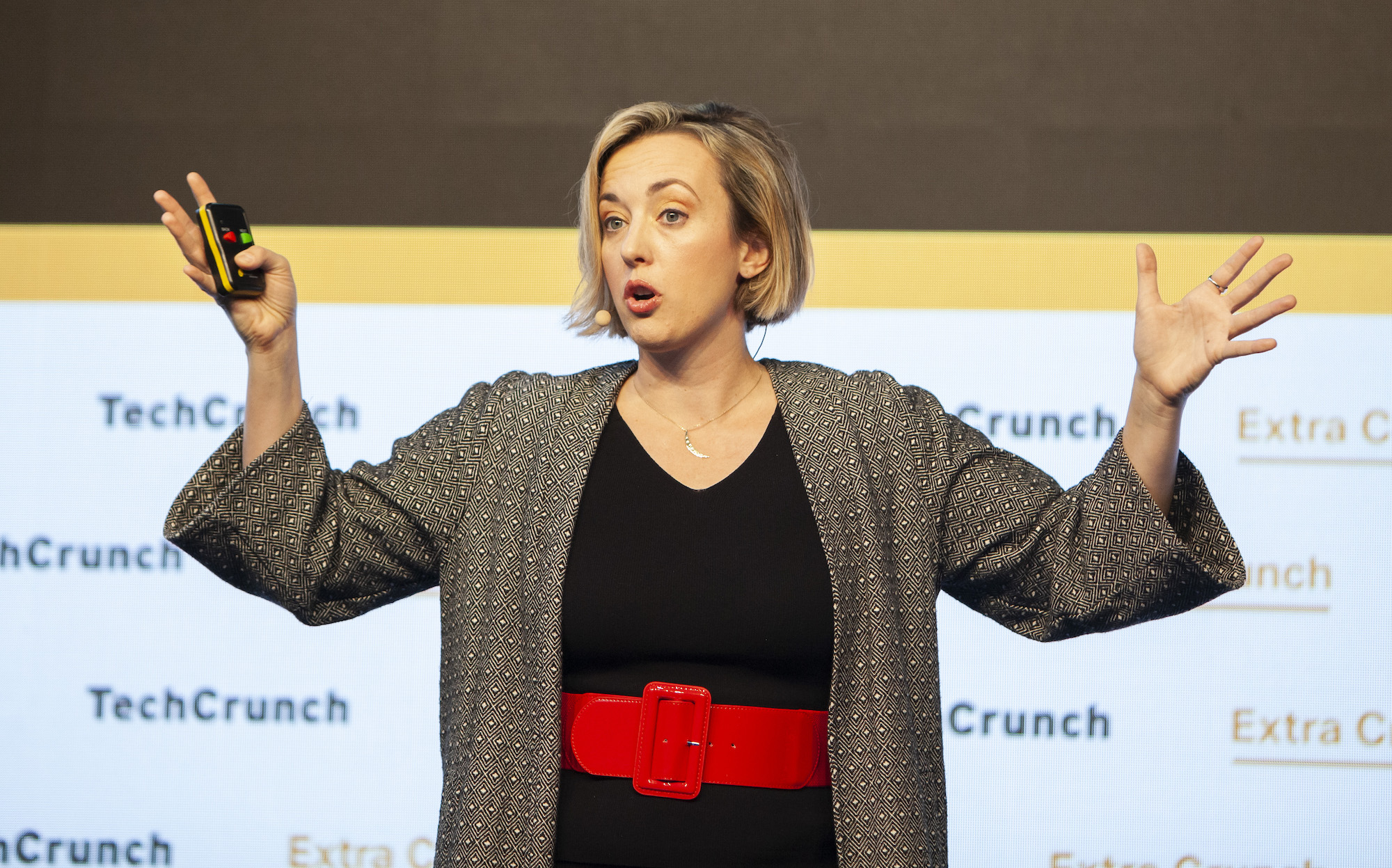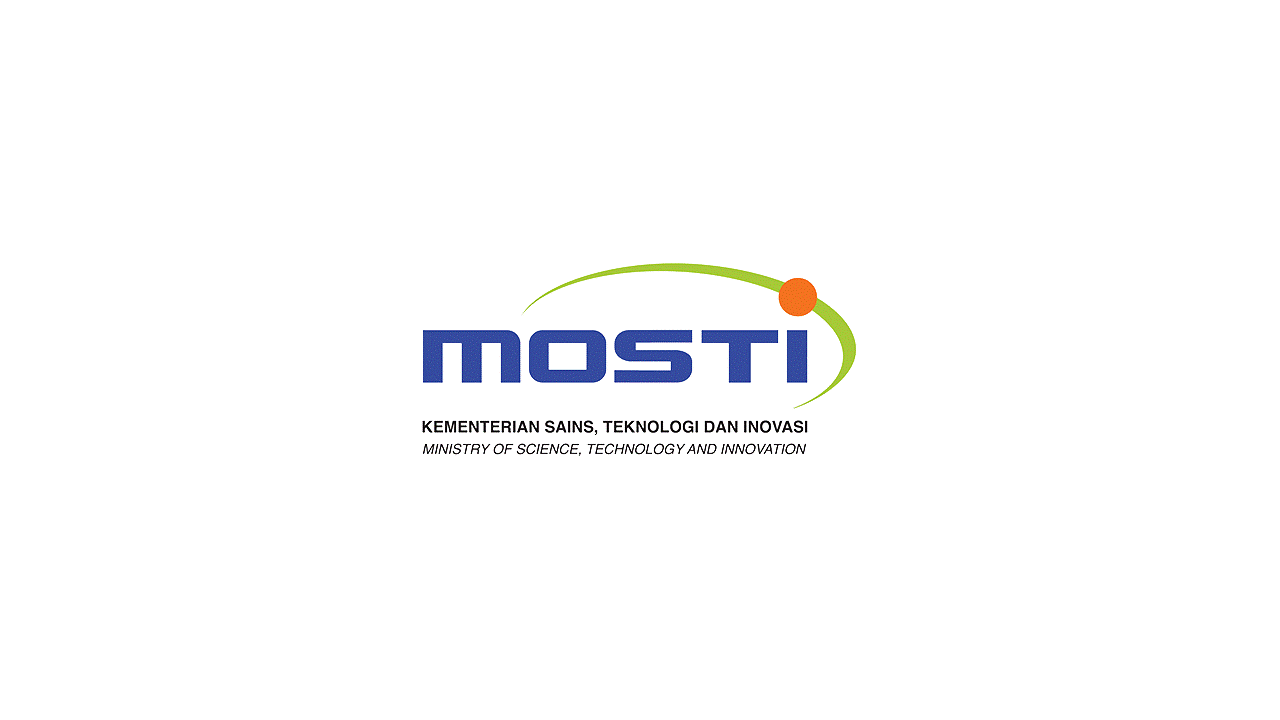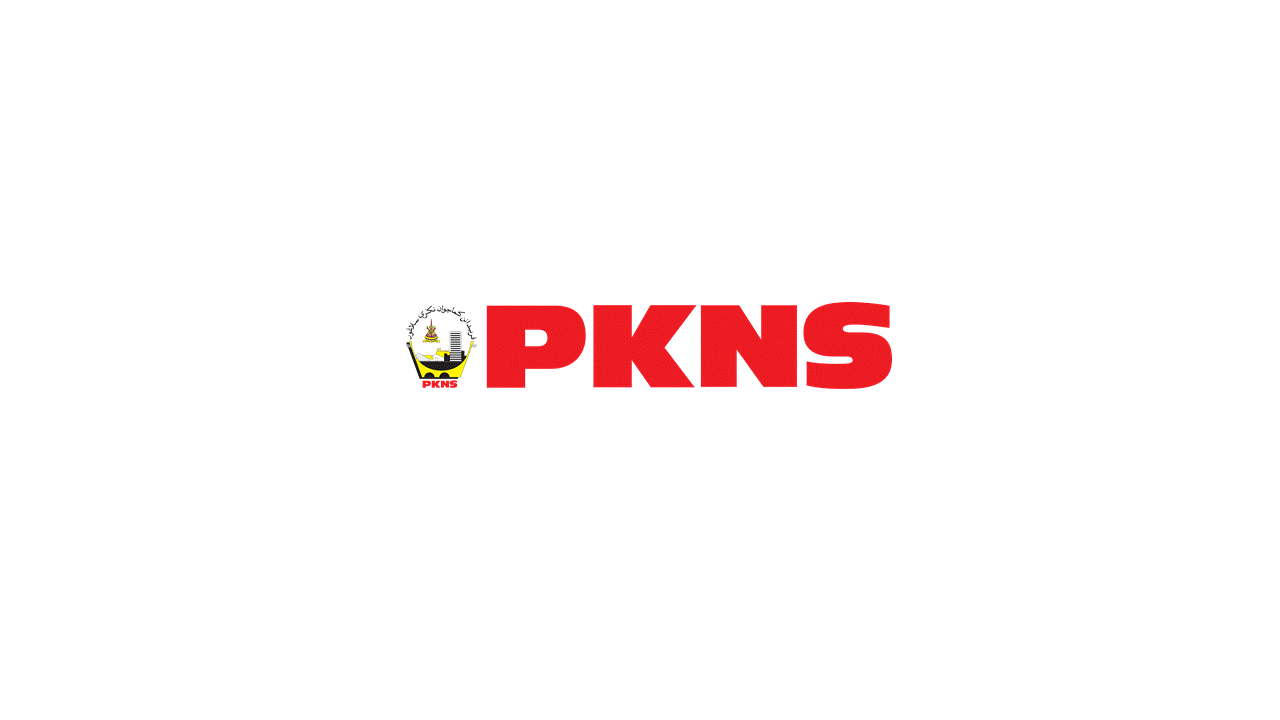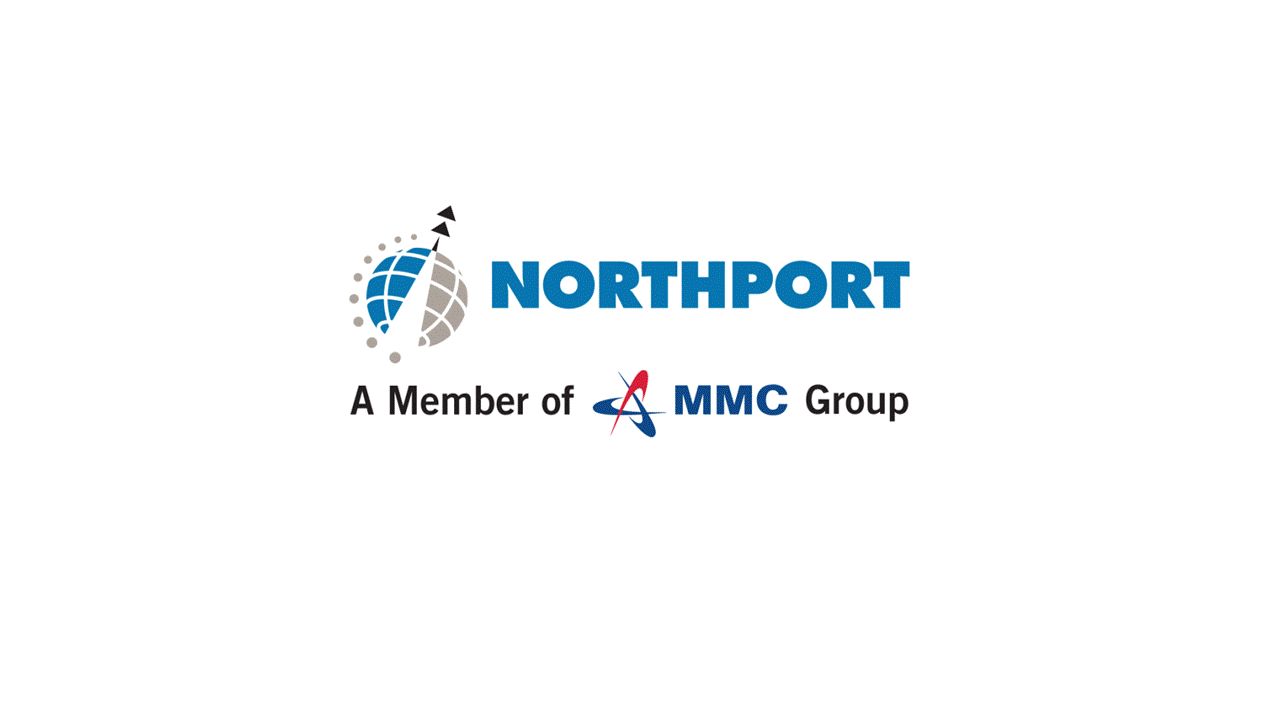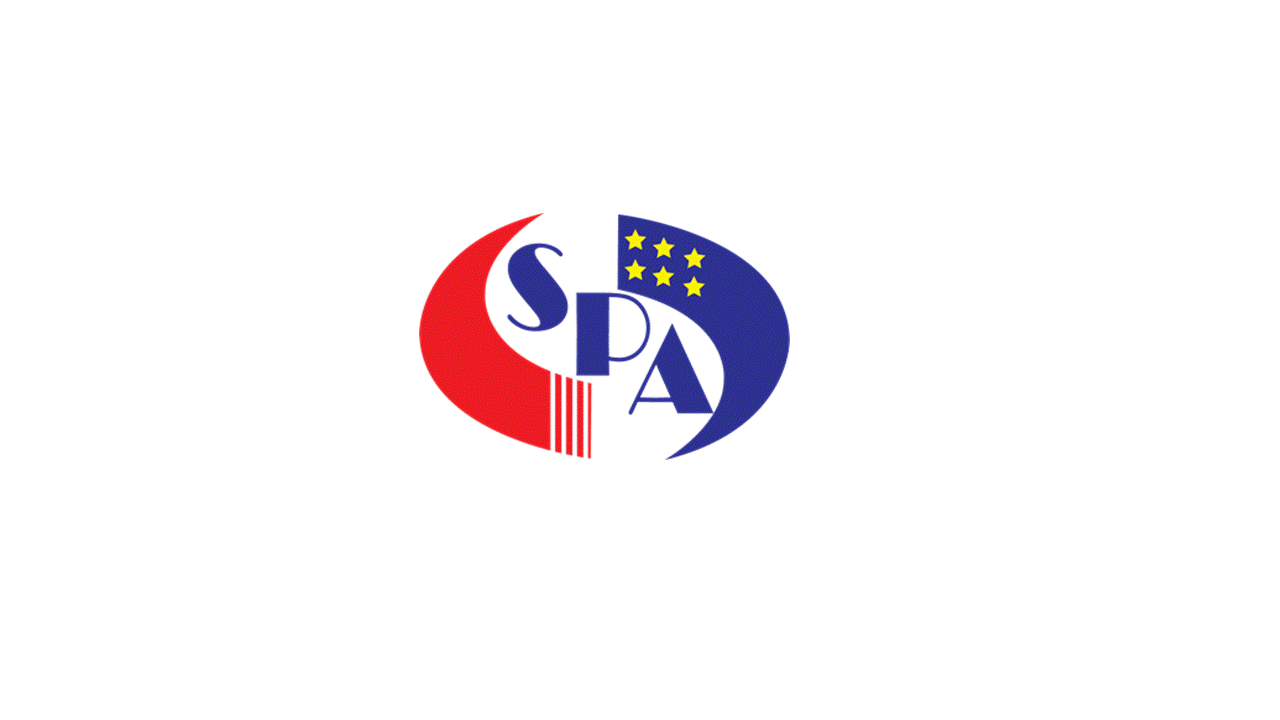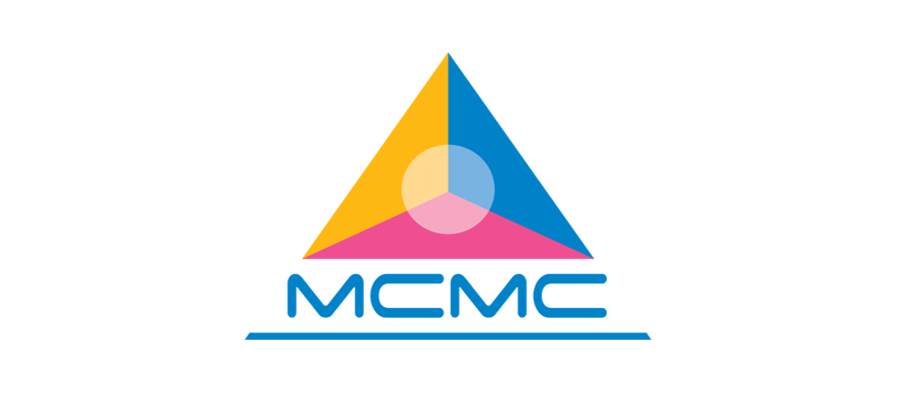News: After a record year for Israeli startups, 16 investors tell us what’s next
Israel’s startup ecosystem raised record amounts of funding and produced 19 IPOs in 2020, despite the pandemic. Now tech companies across industries are poised for an even better year, according to more than a dozen investors we talked to in the country. Mainstay sectors like cybersecurity continue to matter, they said, but are maturing (more
Israel’s startup ecosystem raised record amounts of funding and produced 19 IPOs in 2020, despite the pandemic. Now tech companies across industries are poised for an even better year, according to more than a dozen investors we talked to in the country.
Mainstay sectors like cybersecurity continue to matter, they said, but are maturing (more about that here). Some people are more excited by emerging areas like artificial intelligence, which has been a focus of the country’s military for years, and like cybersecurity is now producing many fresh teams of founders. Other investors felt that a broader range of industries, like fintech and biotech, would eventually produce the biggest companies in the country.
Overall, local investors cited the country’s focus on global markets from day one, general support from the Israeli government and deep relationships with Silicon Valley and other global tech centers as additional factors that are powering it forward today.
Here are the investors in their own words, for any TechCrunch reader who is interested in hiring, investing or founding a company in the country. Oh, and one more thing. We just launched Extra Crunch in Israel. Subscribe to access all of our investor surveys, company profiles and other inside tech coverage for startups everywhere. Save 25% off a one- or two-year Extra Crunch membership by entering this discount code: THANKYOUISRAEL
The investors:
- Boaz Dinte, managing general partner, Qumra Capital
- Rafi Carmeli, partner, Viola Growth
- Yonatan Mandelbaum, principal, TLV Partners
- Natalie Refuah, partner, Viola Growth
- Daniel Cohen, partner, Viola Ventures
- Ben Wiener, partner, Jumpspeed Ventures
- Inbal Perlman, partner, TAU Ventures
- David (Dede) Goldschmidt, partner, Samsung Catalyst Fund
- Dror Nahumi, partner, Norwest Venture Partners
- Sharin Fisher, partner, Fort Ross Ventures
- Adi Levanon Chazan, partner, Flint Capital
- Chaim Meir Tessler, partner, OurCrowd
- Noam Kaiser, partner, Intel Capital
- Tal Slobodkin, partner, StageOne Ventures
- Ayal Itzkoviz, partner, Pitango First
- Ittai Harel, partner, Pitango HealthTech
Boaz Dinte, Qumra Capital
What trends are you most excited about investing in, generally?
At Qumra, we get excited about companies that disrupt traditional industries while doing good and improving quality of life. Our portfolio includes some great examples such as Fiverr that has disrupted the labor market by unlocking the global talent pool, or Talkspace, which is providing access to therapy to all.
What’s your latest, most exciting investment?
Our latest investment is At-bay, the insurance company for the digital age. At-bay offers an end-to-end solution with comprehensive risk assessment, a tailored cyber insurance policy, and active, risk-management service.
Traditional insurers don’t have the know-how to properly and continually assess risk and approach digital risk the same way they approach physical products, through a statistical model that tries to predict the future based on past events. This a great example of company that is disrupting a traditional market.
Are there startups that you wish you would see in the industry but don’t? What are some overlooked opportunities right now?
As a growth fund, we are sector agnostic and diversify our investments across multiple industries. Would be happy to add proptech and agritech startups to our portfolio.
Which areas are either oversaturated or would be too hard to compete in at this point for a new startup? What other types of products/services are you wary or concerned about?
We stay clear of nonregulated industries and do not invest in cryptocurrency-related companies, gambling, etc.
How much are you focused on investing in your local ecosystem versus other startup hubs (or everywhere) in general? More than 50%? Less?
We are focused on Israeli and Israeli-related companies. As growth companies they may have moved to NY or CA with their headquarters and maintained their R&D in Israel.
Which industries in your city and region seem well-positioned to thrive, or not, long term? What are companies you are excited about (your portfolio or not), which founders?
A great amount of talent is cultivated in the military, which has spawned innovative cyber, AI and machine-learning companies. Also, significant experience and know-how have been accumulated here in big data analytics. SaaS models and cloud technologies have eliminated some of the barriers for Israeli companies and enable companies to quickly set up and set up a proof of concept.
A few highlights in our portfolio include AppsFlyer, JoyTunes, Riskified, Talkspace and Guardicore.
Data-driven AppsFlyer, spearheaded by Oren Kaniel, is an exciting mobile-attribution company that is rapidly growing ($200 million+ ARR in 2020) yet maintains a unique DNA. JoyTunes, led by Yuval Kaminka has developed a music-learning platform that has skyrocketed in 2020. The platform has been widely adopted doing so much good for so many people in a short amount of time. Guardicore is disrupting the traditional firewall market by providing fine-grained segmentation for greater attack resistance. Led by CEO Pavel Gurevich the company is seeing excellent traction. Riskified makes e-ommerce easier and safer and enables a thriving e-commerce environment. Founder duo Eido Gal and Assaf Feldman are a powerhouse of vision and execution capabilities. Talkspace has not only created the leading online therapy business, but is actually improving the quality of life of hundreds of thousands of Americans, which are gaining access to therapy for the first time. Founding husband and wife Oren and Roni Frank are the ultimate power couple — creating an incredible business while creating some real impact.
How should investors in other cities think about the overall investment climate and opportunities in your city?
Tech investors must make sure that Israel is part of their portfolio. Same as VC funds are deeply acquainted with Silicon Valley, tech investors cannot ignore this hub of innovation that has produced global market leading companies and serial entrepreneurs
What are the opportunities startups may be able to tap into during these unprecedented times?
Products and services that require anything requiring on-site visits and integration as well as a long sales cycle involving face-to-face meetings and customer education are negatively impacted during this time. The upside is that companies that will develop a remote and simplified approach can reap gains from this time. Such an example is Augury from our portfolio that has developed an end-to-end solution to provide manufacturers with early, actionable and comprehensive insights into machine health and performance. This has proved to be of crucial value in the supply chain during the pandemic.
How has COVID-19 impacted your investment strategy?
Earlier in the month we have closed our third fund, Qumra III, at $260 million. This was done in a short time in a period when traveling and face-to-face meetings were impossible. Commitments to this fund, which is larger than its predecessor, included increased investments form existing LPs as well as new LPs from new geographies. This is a vote of confidence in the Israeli growth market in general and in Qumra in particular and has been a great achievement and source of hope going forward.
Rafi Carmeli, Viola Growth
What trends are you most excited about investing in, generally?
Platforms that are transforming how people and businesses operate, go about their business or leverage their core assets, using superior products, data and AI.
What’s your latest, most exciting investment?
Zoomin Software.
Are there startups that you wish you would see in the industry but don’t? What are some overlooked opportunities right now?
Transformation of the CFO and treasury suite of tools.
What are you looking for in your next investment, in general?
A+ team, superior product demonstrated with business/market traction and a sizable market opportunity.
Which areas are either oversaturated or would be too hard to compete in at this point for a new startup? What other types of products/services are you wary or concerned about?
Any area that needs to compete both with incumbents and also a set of already successful “new age” companies that made the first step of meaningful disruption.
How much are you focused on investing in your local ecosystem versus other startup hubs (or everywhere) in general? More than 50%? Less?
More than 50%.
Which industries in your city and region seem well-positioned to thrive, or not, long term? What are companies you are excited about (your portfolio or not), which founders?
Plenty of interesting opportunities but like many places, competitive around the best of the best.
Do you expect to see a surge in more founders coming from geographies outside major cities in the years to come, with startup hubs losing people due to the pandemic and lingering concerns, plus the attraction of remote work?
Definitely see changes in evolution of young startups given the behavioral changes caused by COVID.
Which industry segments that you invest in look weaker or more exposed to potential shifts in consumer and business behavior because of COVID-19? What are the opportunities startups may be able to tap into during these unprecedented times?
Any area that is exposed to mass physical engagement (pockets in travel, food, sports, etc.) are at risk. Remote engagement and productivity have potential to disrupt more industries, such as corporate events/virtual events.
How has COVID-19 impacted your investment strategy? What are the biggest worries of the founders in your portfolio? What is your advice to startups in your portfolio right now?
Founders are generally resilient and based on their view on the company’s position post-COVID (winner/at risk) and the capital resources available, should decide on appropriate level of caution/aggressiveness.
Are you seeing “green shoots” regarding revenue growth, retention or other momentum in your portfolio as they adapt to the pandemic?
Yes in many areas. In general software has proven to be a winner and specifically SaaS as a business model has proven its resilience.
What is a moment that has given you hope in the last month or so? This can be professional, personal or a mix of the two.
The speed and decisiveness at which humanity acted to adjust to the effects and aftermath of the pandemic, and importantly to proactively get us all out of the health and economic crisis as quickly as possible (e.g., the speed of creating vaccines).
Any other thoughts you want to share with TechCrunch readers?
If something won’t matter in five years, don’t waste more than five minutes worrying about it now — easier said than done!
Yonatan Mandelbaum, TLV Partners
What trends are you most excited about investing in, generally?
Fintech (specifically embedded finance or financial SaaS), synthetic bio. This is in addition to traditional focus areas that we remain bullish on — cloud infrastructure, ML infra and cyber.
What’s your latest, most exciting investment?
Unit.co, meshpayments.com.
Are there startups that you wish you would see in the industry but don’t? What are some overlooked opportunities right now?
There simply isn’t enough innovation in fintech from the Israeli ecosystem. Our locale has managed to produce three of the most prolific insurtech companies (Next, Lemonade and Hippo), has a strong history of successful fintech companies (Payoneer, Forter, Riskified) and even has a few very promising earlier-stage ventures (Unit, Melio). That said, only about 10% of our overall deal flow are fintech companies. Areas such as vertical banking, embedded finance, compliance as a service and consumer finance consistently get overlooked by young Israeli founders.
What are you looking for in your next investment, in general?
The cliche VC answer: strong team, big market. This remains constant during all times.
Which areas are either oversaturated or would be too hard to compete in at this point for a new startup? What other types of products/services are you wary or concerned about?
(1) Cybersecurity — with one caveat. Israel will always be at the forefront of cyber innovation, and thus there will always be an opportunity for fledgling cyber companies in Israel. That said, it is 100% oversaturated, and there are too many examples of strong technical founders creating “yet another” SaaS security startup. (2) Remote work collaboration — clearly an issue that needs solving, but we have unsurprisingly seen an absurd amount of companies in the space. They are largely reactionary companies, and the companies that will prove to be the winners in this market have already been in the market for quite some time (Zoom, Alack, Miro, etc.).
How much are you focused on investing in your local ecosystem versus other startup hubs (or everywhere) in general? More than 50%? Less?
More than 50%.
Which industries in your city and region seem well-positioned to thrive, or not, long term? What are companies you are excited about (your portfolio or not), which founders?
Fintech and bio are very well-positioned to thrive in Israel. In 10 years I wouldn’t be surprised if Israel is more well-known for those two sectors than it is for its cyber companies. Some companies to keep an eye on: Next Insurance, Unit, Mesh Payments, Aidoc, Deepcure, Immunai.
How should investors in other cities think about the overall investment climate and opportunities in your city?
I’m not saying anything new, but Israel is known as the startup nation for a reason. There is an incredible, thriving entrepreneurship culture that breeds fascinating companies weekly. Interestingly, valuation trends seem to trail the U.S. by about 12-18 months. So for later-stage VCs around the globe, Israel can represent an interesting opportunity to do deals of the same quality that they are doing in their locale, but for a more reasonable price.
Do you expect to see a surge in more founders coming from geographies outside major cities in the years to come, with startup hubs losing people due to the pandemic and lingering concerns, plus the attraction of remote work?
Not particularly. Israel a small country, and even if there may be a residential exodus from Tel Aviv, there won’t be a commercial one.
Which industry segments that you invest in look weaker or more exposed to potential shifts in consumer and business behavior because of COVID-19? What are the opportunities startups may be able to tap into during these unprecedented times?
Travel and proptech are more exposed due to COVID-19.
How has COVID-19 impacted your investment strategy? What are the biggest worries of the founders in your portfolio? What is your advice to startups in your portfolio right now?
COVID hasn’t impacted our investment strategy much. We have remained steady in our search for interesting early-stage software opportunities and our commitment to invest substantial amounts even at the seed round. The biggest worries of the portfolio founders surround slower enterprise sales cycles due to WFH and smaller budgets from potential customers. Our early advice to founders was to ensure runway for 18 months in order to weather the storm. Recently however, after witnessing the incredibly founder-friendly fundraising landscape, our advice has been to put the pedal to the metal, reach certain benchmarks and raise capital.
Are you seeing “green shoots” regarding revenue growth, retention or other momentum in your portfolio as they adapt to the pandemic?
No, there still hasn’t been enough time. That said, I will say that the initial enthusiasm of WFH has faded. The vast majority of our companies are clamoring to be back in the office.
What is a moment that has given you hope in the last month or so? This can be professional, personal or a mix of the two.
My grandparents both recently passed away from COVID-19. Despite the tragic loss that it was for my family, there was one moment that truly gave me hope. I had the opportunity to visit my grandmother in the COVID ward at a local hospital before she passed (in full protective gear of course). Before entering the ward, while the nurses were going over the protocols with me and four other individuals who were there to visit their sick family members, I was surprised to realize that the five of us in the room were an eclectic bunch. Jewish, Muslim, religious and not, young and old. In that moment, we all gave each other strength, wished each other well and it gave me hope that we can truly become a unified country in the near future. The next exponential growth that occurs in the Israeli ecosystem will be when there is an influx of minorities (Arabs, ultra-Orthodox) into the workforce.
Natalie Refuah, Viola Growth
What trends are you most excited about investing in, generally?
DevOps, martech, digital health.
What’s your latest, most exciting investment?
RapidAPI.
What are you looking for in your next investment, in general?
Exciting team, hypergrowth, disruptiveness.
Which areas are either oversaturated or would be too hard to compete in at this point for a new startup? What other types of products/services are you wary or concerned about?
Cyber, automotive.
How much are you focused on investing in your local ecosystem versus other startup hubs (or everywhere) in general? More than 50%? Less?
Close to 100%.
Which industries in your city and region seem well-positioned to thrive, or not, long term? What are companies you are excited about (your portfolio or not), which founders?
DevOps, cyber, enterprise software.
How should investors in other cities think about the overall investment climate and opportunities in your city?
Very positively.
Do you expect to see a surge in more founders coming from geographies outside major cities in the years to come, with startup hubs losing people due to the pandemic and lingering concerns, plus the attraction of remote work?
There will be changes, that’s for sure.
Which industry segments that you invest in look weaker or more exposed to potential shifts in consumer and business behavior because of COVID-19?
E-commerce tech-related companies will thrive.
How has COVID-19 impacted your investment strategy? What are the biggest worries of the founders in your portfolio? What is your advice to startups in your portfolio right now?
We lowered our check size per company. My advice — if you are “with COVID trend” push hard, if you are “against COVID trend” — preserve cash.
What is a moment that has given you hope in the last month or so? This can be professional, personal or a mix of the two.
More time with my kids, but in general I miss hugging people when i meet them, and I prefer meeting people face to face.
Any other thoughts you want to share with TechCrunch readers?
Let the vaccine go!
Daniel Cohen, Viola Ventures
What trends are you most excited about investing in, generally?
Games, vertical AI and AI agencies, digital health.
What’s your latest, most exciting investment?
Hyperguest, creating direct connectivity between hotels and OTAs. It’s the perfect next-gen travel infrastructure for the world post-pandemic.
Are there startups that you wish you would see in the industry but don’t? What are some overlooked opportunities right now?
The biggest trend in the post-COVID world will be the new work environment. We would love to see more startups that will create corporate solutions that are focused on the future of work. That can be at the workplace or at the home.
What are you looking for in your next investment, in general?
Unique, innovative go-to-market. Leveraging technology to reach consumers in a more innovative way. It’s basically innovation in growth hacking, not only in great products.
Which areas are either oversaturated or would be too hard to compete in at this point for a new startup? What other types of products/services are you wary or concerned about?
Cybersecurity — the market is real and important, but there are too many startups with small niche solutions.
How much are you focused on investing in your local ecosystem versus other startup hubs (or everywhere) in general? More than 50%? Less?
More than 50%.
Which industries in your city and region seem well-positioned to thrive, or not, long term? What are companies you are excited about (your portfolio or not), which founders?
The most exciting trends locally are everything AI with focus on B2B apps. Same goes with digital health and consumer-focused health applications.
How should investors in other cities think about the overall investment climate and opportunities in your city?
Israel is the #1 region globally in unicorn production, probably the hottest startup region right now.
Do you expect to see a surge in more founders coming from geographies outside major cities in the years to come, with startup hubs losing people due to the pandemic and lingering concerns, plus the attraction of remote work?
No.
Which industry segments that you invest in look weaker or more exposed to potential shifts in consumer and business behavior because of COVID-19? What are the opportunities startups may be able to tap into during these unprecedented times?
The biggest change has been on company culture, which is hard to maintain in a distributed work-from-home environment. Companies need to be innovative and creative in maintaining/building culture, which was so much easier pre-COVID.
Are you seeing “green shoots” regarding revenue growth, retention or other momentum in your portfolio as they adapt to the pandemic? What is a moment that has given you hope in the last month or so? This can be professional, personal or a mix of the two.
The announcements around the vaccines make it clear that the end of the pandemic is near. I think 2021 will be amazing.
Ben Wiener, Jumpspeed Ventures
What trends are you most excited about investing in, generally?
Jumpspeed invests exclusively in pre-seed and seed-stage startups from the Jerusalem startup ecosystem.
What’s your latest, most exciting investment?
MDGo.
Are there startups that you wish you would see in the industry but don’t? What are some overlooked opportunities right now?
Not really, we are sector agnostic/bottom-up rather than thesis driven.
What are you looking for in your next investment, in general?
10x better, paradigm-shift solution to a large, near-term, acute business problem, produced and led by a complementary founding team (hacker+hustler+designer).
Which areas are either oversaturated or would be too hard to compete in at this point for a new startup? What other types of products/services are you wary or concerned about?
Cybersecurity, crypto, telehealth.
How much are you focused on investing in your local ecosystem versus other startup hubs (or everywhere) in general? More than 50%? Less?
EXCLUSIVELY, see above.
Which industries in your city and region seem well-positioned to thrive, or not, long term? What are companies you are excited about (your portfolio or not), which founders?
Jerusalem is well-positioned in certain clusters such as computer vision, general enterprise SaaS, AI/ML and healthtech.
How should investors in other cities think about the overall investment climate and opportunities in your city?
Our city’s startup ecosystem is underexploited and generates a few fantastic under-the-radar opportunities per year.
Do you expect to see a surge in more founders coming from geographies outside major cities in the years to come, with startup hubs losing people due to the pandemic and lingering concerns, plus the attraction of remote work?
Yes.
How has COVID-19 impacted your investment strategy? What are the biggest worries of the founders in your portfolio? What is your advice to startups in your portfolio right now?
Little direct impact on strategy because by definition I am investing in things that will go to market and ripen over years.
Founders’ biggest worries are employee well-being, after that access to overseas customers and markets.
Advice to founders: Stay calm and healthy, play the long game, take care of yourself, your family and your employees, don’t panic or cut staff reactively.
Are you seeing “green shoots” regarding revenue growth, retention or other momentum in your portfolio as they adapt to the pandemic?
Yes but not that I can attribute directly to the pandemic.
What is a moment that has given you hope in the last month or so? This can be professional, personal or a mix of the two.
No specific moment, just the general resilience and ability to adapt to the radically changing new realities that our portfolio founders have exhibited.
Any other thoughts you want to share with TechCrunch readers?
“Entrepreneurship in advanced technology, is not merely a matter of decision-making; it is a matter of imposing cognitive order on situations that are repeatedly ill-defined.” — W. Brian Arthur, “The Nature of Technology”
No situation has been this ill-defined in the past century. Keep calm and carry on 🙂
Inbal Perlman, TAU Ventures
What trends are you most excited about investing in, generally?
At TAU, we are interested in a variety of sectors and evaluate each potential investment independently. In regards to trends, we look at trends with a grain of salt understanding that trends might come and go. When we see a particular trend, we try to understand if there is a need behind the trend and see beyond the initial hype. We want to assure that a startup is meeting a real need in the market. We are particularly interested in technologies that do not require too much time and capital to get to market.
What’s your latest, most exciting investment?
We invested in a company called Xtend, which is creating human-machine telepresence allowing us to “step into” a machine, anywhere in the world, breaking the limits of physical reality. In particular, it develops solutions that allow people to interact with drones and other unmanned machine technologies. The company’s technology enables humans to extend themselves into the action by allowing them to virtually sit inside the drone for various tactical missions. What is exciting about Xtend is how the technology can be implemented in a variety of ways from defense and homeland security to reimagining entertainment, gaming and cinematography.
Are there startups that you wish you would see in the industry but don’t? What are some overlooked opportunities right now?
We like to see startups that are disrupting traditional industries by solving basic challenges and needs with innovative means. There are some industries that haven’t changed in many years. And if you create a technology that can be simply integrated into existing markets, it has the potential to gain significant traction and drastically change an industry. So we would love to see more startups going “back to the basics” asking questions about commonly felt pain points and innovating to solve those pains.
What are you looking for in your next investment, in general?
We want to get the feeling from the entrepreneur that they are professional, ready for the entrepreneurial journey, have the right mindset and skill set and will conquer the world. We understand that with early-stage startups, the product or service will likely change and therefore pay significant attention to the entrepreneurs themselves as an early indicator of future success.
Which areas are either oversaturated or would be too hard to compete in at this point for a new startup? What other types of products/services are you wary or concerned about?
Technology trends that often come and go can create an oversaturated market for startups. For example, previously there was hype around drones. Now, only the strongest companies in the drone industry have stuck around. Today, there are many startups responding to needs exacerbated by the COVID-19 pandemic such as remote learning and remote work. It is important to filter out whether these are solutions that will be around for a while and survive a post-COVID world or are temporary.
We are more cautious about particular industries. In edtech, those who have successfully done exits, have done so at low amounts ($200 million-$300 million). For us, we are seeking larger exits. Blockchain is a difficult sector because it lacks a clear regulatory environment, subsequently raising many questions. Similarly, the cannabis industry also does not have a fixed regulatory environment across countries. Any small regulation change can highly impact the company. These are the sectors and areas that we are more cautious around.
How much are you focused on investing in your local ecosystem versus other startup hubs (or everywhere) in general? More than 50%? Less?
We invest in startups that are exclusively Israeli startups but are targeted for a global market. At TAU Ventures, we have 1,000 sq. meter coworking office space where majority of our portfolio companies and accelerator program companies sit on a daily basis. On a daily basis we are engaging with our startups through kitchen chats and hallway encounters. Through our coworking space, we are directly investing in our local ecosystem both supporting entrepreneurs and identifying rising entrepreneurs.
Which industries in your city and region seem well-positioned to thrive, or not, long term? What are companies you are excited about (your portfolio or not), which founders?
In Israel, many Israeli entrepreneurs bring a high level of technical capabilities that they learn in the army such as in cyber and AI. After acquiring this knowledge and ability, they are well-prepared and able to transfer it to the commercial area. This is why we see many successful startups coming out of Israel particularly in these fields.
For example, founders of our portfolio company, SWIMM all come from leading elite tech training units in the army (Aram, Talpiot) and before founding SWIMM, established ITC (Israel Tech Challenge, a nonprofit high-tech academy that offers in-demand tech training programs in English in Tel Aviv, inspired by the IDF’s 8200 unit).
Furthermore, Tel Aviv University (TAU), our affiliated university, is a leading research institute and academic leader in AI, engineering and other sciences and is producing entrepreneurs with high levels of knowledge. 50% of entrepreneurs in Israel have studied at TAU. And TAU ranked eighth worldwide as a top university producing VC-backed entrepreneurs, and the first outside of the US. So we are very excited by the added advantage we have in being affiliated closely with the university and the talent which it is producing.
How should investors in other cities think about the overall investment climate and opportunities in your city?
The significant advantage of Israel is its small size. Because there is little to no local market, startups automatically think globally in their marketing and growth strategies. To best understand Israel and Israelis, it’s important to understand the influence of the military and the reality of thriving in a complex political environment in the Middle East. Military service is compulsory for all Israelis at the age of 18. The army plays an important role in the socialization, education, skills development, social network and fabric of Israeli society. Many personal and professional networks are the result of army service. As Israelis, we live in an environment where we need to constantly be innovative and one step ahead to survive. This innovative mindset has been instilled in our state of mind and cultural DNA.
We are proud that In Israel we have academics at the highest level in the world across a variety of fields. Multinationals from all over the world have local R&D centers or innovation hubs in Israel to source from the local talent pool. This presence of multinationals creates mutual exposure for both startups and corporates alike.
Do you expect to see a surge in more founders coming from geographies outside major cities in the years to come, with startup hubs losing people due to the pandemic and lingering concerns, plus the attraction of remote work?
At TAU Ventures, the majority of our portfolio and accelerator companies sit next to us at our 1,000 sq. meter coworking space. At our offices, we love seeing our founders and their employees on a regular basis. This is how we have successfully created a strong familial culture at our VC. Throughout COVID, companies have continued to come in person to the office. This has reinforced to us that there is no exchange for face-to-face engagement. As early-stage investors, we understand that at this stage it is all about the people. At the end of the day, people want to be around people and you can not replace the experience of sharing a cup of coffee and shaking someone’s hand.
Which industry segments that you invest in look weaker or more exposed to potential shifts in consumer and business behavior because of COVID-19?
COVID affected companies in different ways. For some, it boosted business and for others it led them to shift their strategy and approach. Our companies who had clients in the travel industry or airports were obviously affected. In this situation, the company looked at their technology and reconsidered where and how their technology could be relevant to other consumers and industries. This particular company saw an opportunity to shift to logistics and supply chain clients. COVID is presenting opportunities for companies to reevaluate their target market and discover new applications of their technology for different purposes.
How has COVID-19 impacted your investment strategy? What are the biggest worries of the founders in your portfolio? What is your advice to startups in your portfolio right now?
As a result of COVID, we have come to understand that things simply are taking more time, such as processes of raising funds or achieving the next milestone. We are patient and empathetic to the experiences of our startups.
The startups’ most significant worry is that they will not succeed to raise enough funds before reaching their next milestone. And more so, if they are unable to prove their achievement milestones in time, then they might be forced to close business. As a result, our startups are raising more funds during this time to assure a longer runway. Our startups are also keenly aware of how periods of crisis might call on them to pivot and adapt to the current circumstances. Startups are making decisions around adjusting budgets, determining whether customers are still relevant, anticipating whether the circumstances are temporary or will renormalize and ultimately whether there is a completely new path to pivot to.
In light of the circumstances, we are advising our portfolio startups to raise more funds in next rounds to have runway for at least 1.5 years and not to be afraid of making drastic changes (i.e., pivots, changing budget, raising more funds).
As a fund, we are assuring our entrepreneurs that if they choose to change paths, it is okay. Working from a coworking space alongside many of our founders enables us to stay updated on the startups, foster a strong internal ecosystem and network, and provide ongoing psychological safety for our entrepreneurs, which is ever so needed during these unprecedented times for startups.
Are you seeing “green shoots” regarding revenue growth, retention or other momentum in your portfolio as they adapt to the pandemic?
Two of our portfolio companies have experienced impressive growth and are thriving in 2020.
1. Gaviti is a SaaS company that specializes in receivable collections acceleration. Its system maps out the collection process to spot inefficiencies and optimize clients’ procedures. Specifically during COVID, many companies had increased economic pain points related to generating cash flow on a timely, efficient basis. Gaviti’s solution helps companies manage their collection payments. As a result of of the economic crisis this year, Gaviti saw fast growth in clients and have thrived during 2020.
2. Medorion understands that health companies and hospitals want us to get regular health checkouts. Using AI and behavioral science, Medorion is driving people to take action for their own health by increasing engagement and communication between insurance companies and patients. During COVID, they are combating the coronavirus pandemic by applying their technology to create highly personalized engagement and communication plans targeted at those individuals who are at highest risk of COVID-19.
What is a moment that has given you hope in the last month or so? This can be professional, personal or a mix of the two.
In recent months, it is inspiring to see our entrepreneurs continue fighting despite the uncertain economic and global circumstances. Many of our companies are continuing to recruit and hire. Our founders are resilient and are finding creative means to succeed. It is also a blessing to have a large coworking space hosting the offices of 10 startups and to see employees continue to come in to the office day in and day out working with their teams.
Any other thoughts you want to share with TechCrunch readers?
TAU Ventures is a venture capital fund, affiliated with Tel Aviv University, for investing in early-stage, cutting-edge technologies based in Israel. TAU Ventures is the first and only university-affiliated VC in Israel.
The fund has a unique, triangle model creating ecosystem connections between industry, academy and entrepreneurs. We connect to available resources at Tel Aviv University, foster strong partnerships in the high-tech industry and support entrepreneurs as they work side by side in the coworking office space of the VC located on the university campus.
TAU Ventures also runs incubation programs in a variety of tech fields and offers a vibrant hub for entrepreneurs with concrete opportunities for design partnerships with international leading companies: AlphaC program (in partnership with NEC, Checkpoint, Innogy, Team8 and Cybereason) and The Xcelerator (an acceleration program with the Israeli Security Agency).
In 2018, IVC awarded TAU Ventures an award for one of the most active VCs in Israel. And in 2019, Geektime ranked TAU Ventures among the top five best VCs in Israel.
David (Dede) Goldschmidt, Samsung Catalyst Fund
What trends are you most excited about investing in, generally?
Digital transformation and AI.
What’s your latest, most exciting investment?
Solarisbank (Germany).
Which areas are either oversaturated or would be too hard to compete in at this point for a new startup? What other types of products/services are you wary or concerned about?
AI-acceleration technologies seems to be overcrowded.
How much are you focused on investing in your local ecosystem versus other startup hubs (or everywhere) in general? More than 50%? Less?
Less than 50%.
Which industries in your city and region seem well-positioned to thrive, or not, long term? What are companies you are excited about (your portfolio or not), which founders?
AI, cyber security. Excited about our portfolio company Innoviz (LiDAR). Excited about Avigdor Willenz, serial entrepreneur, including our portfolio company Habana Labs that was acquired for $2 billion.
How should investors in other cities think about the overall investment climate and opportunities in your city?
Highly dynamic and competitive, very global approach of entrepreneurs, risk takers, “can-do” approach.
Do you expect to see a surge in more founders coming from geographies outside major cities in the years to come, with startup hubs losing people due to the pandemic and lingering concerns, plus the attraction of remote work?
I don’t expect that to happen because a strong ecosystem of entrepreneurs, investors and service providers would be needed, and it takes years for that to grow.
Which industry segments that you invest in look weaker or more exposed to potential shifts in consumer and business behavior because of COVID-19?
Industries serving brick-and-mortars are likely to get weakened by accelerated transition to online.
How has COVID-19 impacted your investment strategy? What are the biggest worries of the founders in your portfolio? What is your advice to startups in your portfolio right now?
Our advice has been to be careful with cash. There is a disconnect between the strong momentum in the tech financing vis-a-vis overall economic crisis (unemployment, governments deficits, etc.). We have yet to see the full impact of COVID-19 on tech startups and better be prepared for that.
Are you seeing “green shoots” regarding revenue growth, retention or other momentum in your portfolio as they adapt to the pandemic?
Yes, for pure digital plays.
What is a moment that has given you hope in the last month or so? This can be professional, personal or a mix of the two.
Frankly, I remain concerned because of the disconnect alluded to above. Vaccine momentum brings some hope, but too early to tell.
Any other thoughts you want to share with TechCrunch readers?
I am very concerned from potential crunch in early stage. While overall financing numbers are growing almost across all geographies, investments are heavily weighted toward later stage and unicorns, and much fewer new companies are being formed. This will have dramatic impact on the tech ecosystem a few years out, if it does not change in 2021.
Dror Nahumi, Norwest Venture Partners
What trends are you most excited about investing in, generally?
We are a large fund that invests in early-to-late-stage companies across a wide range of sectors with a focus on consumer, enterprise and healthcare. My focus is primarily in Israeli companies and I’m seeing many exciting startups in security, SaaS, enterprise and cloud infrastructure, robotics and semiconductors.
What’s your latest, most exciting investment?
We are naturally excited about all our latest investments. I recently invested in three seed-stage companies that are in stealth mode: an open-source cloud infrastructure company, a people analytics (HR) SaaS company and a next-generation business-intelligence platform.
Are there startups that you wish you would see in the industry but don’t? What are some overlooked opportunities right now?
I believe there is a massive opportunity for startups to develop new solutions to fuel the digitization of next-generation enterprises. We’re seeing innovation and activity in this sector, but there’s so much more to be done, especially in light of challenges and vulnerabilities that COVID-19 has exposed. The hottest areas will be in human resources, production, security, infrastructure, sales and remote work.
What are you looking for in your next investment, in general?
We look for a great team, strong intellectual property and compelling execution. The new product idea can be a replacement (i.e., replace existing products that are aging, low performance) or a new category. Gong.io is a great example of a new category we invested in early on. We created the new “revenue intelligence” category that offers businesses automated, unfiltered and real-time insights on customer interactions and deals. This helps businesses understand what’s actually being said to transform the way they go to market.
Which areas are either oversaturated or would be too hard to compete in at this point for a new startup? What other types of products/services are you wary or concerned about?
Security is currently oversaturated. There are too many companies doing similar things, which can make it difficult for newcomers to break through. Additionally, most emerging security startups are all claiming to use machine learning and AI to combat the next level of breaches. These are important areas to focus on, but it’s getting harder for these companies to differentiate themselves. That aside, we have made several great investments in security over the years and will continue to invest in great teams.
How much are you focused on investing in your local ecosystem versus other startup hubs (or everywhere) in general? More than 50%? Less?
Our team in Israel is 100% focused on our local market.
Which industries in your city and region seem well-positioned to thrive, or not, long term? What are companies you are excited about (your portfolio or not), which founders?
Numerous industries in the Israeli market are poised to thrive and are doing so currently. Examples include startups in the security, SaaS, enterprise and the cloud infrastructure space, and even consumer services. We are especially excited to continue to witness the growth and success of Gong, VAST Data, WekaIO, Cynet, Wiliot, ActiveFence, Ermetic and SundaySky while building new companies who are still in the stealth stage.
How should investors in other cities think about the overall investment climate and opportunities in your city?
At Norwest and especially among our Israel portfolio companies, we’ve been able to let our companies mature. We’ve given them the time and support they need to reach maturity. This is a very different approach than what we are seeing in other environments.
Today, growth comes before M&A and companies get valuations much quicker. In past years, it was hard to raise money but it’s not so difficult now. In Israel, inside sales and marketing analytics allow companies to sell more effectively now than in the last decade. This gives entrepreneurs flexibility, room to expand into other markets and the ability to hire top talent globally versus just within their own region.
Do you expect to see a surge in more founders coming from geographies outside major cities in the years to come, with startup hubs losing people due to the pandemic and lingering concerns, plus the attraction of remote work?
Israel is so small that you are never really too far outside a major city. We expect our startup hub to stay intact even if individuals and businesses choose to move slightly outside of the main CBD.
Which industry segments that you invest in look weaker or more exposed to potential shifts in consumer and business behavior because of COVID-19? What are the opportunities startups may be able to tap into during these unprecedented times?
The travel industry has been massively impacted in every market globally since the COVID-19 outbreak. That said, that means there is a huge opportunity to fill gaps based on business and consumer needs as we approach a post-pandemic normal.
I would say that solutions with huge potential are those centered on hybrid workforces as enterprises rethink the future of work. These have the potential to significantly benefit from the pandemic in the short and long term.
How has COVID-19 impacted your investment strategy? What are the biggest worries of the founders in your portfolio? What is your advice to startups in your portfolio right now?
COVID-19 has not impacted our investment strategy. However, in recent conversations with our portfolio companies, it’s clear that brands can emerge stronger than ever with an adaptable strategy, adjusted expectations, strong marketing and B2C communications, and compassionate leadership.
Over the past several months, we’ve advised companies in our portfolio to focus on building their business while prioritizing the safety of their workforce, which could mean further extending work-from-home policies or making remote work a standard option in their hiring practices. Companies’ ability to innovate and adapt while building their business around the new normal will be better positioned to succeed in a post-COVID landscape.
Are you seeing “green shoots” regarding revenue growth, retention or other momentum in your portfolio as they adapt to the pandemic?
While it’s not one particular moment, there were many times this past year where our portfolio companies faced major challenges due to the pandemic and were still able to continue to expand their businesses. Every sales quarter that shows growth and success gives me hope.
Sharin Fisher, Fort Ross Ventures
What trends are you most excited about investing in, generally?
I’m mostly excited about AI/ML technologies, cybersecurity companies and the global opportunity in B2B SaaS companies in general; companies that help to optimize business processes and boost efficiency (e.g., one of our portfolio companies, Kryon, is operating in the robotic process automation space, evaluating business processes, and recommending which ones to automate in order to free up underutilized human talent). We are seeing many successful Israeli SaaS companies across the board, from marketing and collaboration tools, business intelligence products, to payment systems.
What’s your latest, most exciting investment?
My latest investment was in a B2B SaaS company that disrupts a huge market. I’m mostly excited about the team, which contains senior executives and second-time entrepreneurs with domain expertise.
Are there startups that you wish you would see in the industry but don’t? What are some overlooked opportunities right now?
We are looking for companies that have a big market, a compelling story and a clear path to building a large business. When we invest, companies already have traction, a diverse customer base, established and repeatable sales process and metrics. So, when we dive deeper into the company’s metrics we would like to see they support the company’s assumptions and ability to scale up properly.
Which areas are either oversaturated or would be too hard to compete in at this point for a new startup? What other types of products/services are you wary or concerned about?
WFH enablement tools (from security to communication tools).
How much are you focused on investing in your local ecosystem versus other startup hubs (or everywhere) in general? More than 50%? Less?
We are a global VC with a distributed team, focused on investing in midstage companies based in the U.S. and Israel, that can become global leaders. I’m leading our investments in the Israeli companies, globally.
Which industries in your city and region seem well-positioned to thrive, or not, long term? What are companies you are excited about (your portfolio or not), which founders?
Israel is well-positioned to build and grow large companies that can become segment leaders. We are seeing many leading companies across multiple sectors such as mobility (Moovit, Mobileye), cybersecurity (Armis, Cybereason, SentinelOne), fintech (Lemonade, Payoneer, eToro), information technology (Jfrog, Snyk), etc.
How should investors in other cities think about the overall investment climate and opportunities in your city?
The Israeli ecosystem has matured significantly over the last decade, mainly due to repeat entrepreneurs who bring knowledge and relevant experience to the table. They aspire to build meaningful companies. On top of that, there’s more available late-stage capital, allowing companies to stay private longer and become mega-acquisitions/IPO.
Do you expect to see a surge in more founders coming from geographies outside major cities in the years to come, with startup hubs losing people due to the pandemic and lingering concerns, plus the attraction of remote work?
The COVID-19 crisis has impacted Israeli founders in terms of how and from where they work. As many Israeli startups aim to tap into the U.S. market, they usually relocate pretty early on, mainly to build relationships with potential customers. Since the pandemic has created a situation where you have to sell your product/service remotely, physical location has become less relevant. In the short term, I believe we’ll see more Israeli founders working out of Israel, especially when taking into account the advantages (e.g., lower cost of living compared to other places like NYC/San Francisco). In the long run, there’s a high probability that founders who can keep the same sales efficiency remotely will continue to work out of their home country.
Which industry segments that you invest in look weaker or more exposed to potential shifts in consumer and business behavior because of COVID-19? What are the opportunities startups may be able to tap into during these unprecedented times?
All of the segments we look at are thriving or haven’t changed significantly. I’m mostly interested in startups that are able to sell remotely and have an established inside sales team with a simple integration/deployment, because I believe they are in a better position to scale faster even in this climate.
How has COVID-19 impacted your investment strategy? What are the biggest worries of the founders in your portfolio? What is your advice to startups in your portfolio right now?
Our investment strategy remains the same; we are still looking to back companies that can become global leaders and aspire to disrupt huge markets. In terms of the work with our portfolio companies, our founders have already made the needed adjustments and are now more focused on capital efficiency and expanding the runway.
Are you seeing “green shoots” regarding revenue growth, retention or other momentum in your portfolio as they adapt to the pandemic?
Most of our portfolio adapted to the crisis quite fast and have enough runway to reach their next milestone. For some of our portfolio companies, especially those that support the digital transformation, the pandemic has created business opportunities and accelerated the adoption of their technology. As a result, we deployed additional capital to help them leverage this momentum.
What is a moment that has given you hope in the last month or so? This can be professional, personal or a mix of the two.
Although the pandemic has created uncertainty for all of us, we have still been seeing more (+14) Israeli companies reaching unicorn status/going public during the past months.
Adi Levanon Chazan, Flint Capital
What’s your latest, most exciting investment?
Sensi.ai.
How much are you focused on investing in your local ecosystem versus other startup hubs (or everywhere) in general? More than 50%? Less?
A bit over 50% of the portfolio are Israeli startups, the remaining 50% divide between Europe and the U.S.
Which industries in your city and region seem well-positioned to thrive, or not, long term? What are companies you are excited about (your portfolio or not), which founders?
Fintech has been continuing to grow and will thrive over time. I’m excited about companies like Melio, Unit, Acrocharge and Rapyd.
How should investors in other cities think about the overall investment climate and opportunities in your city?
Very important to have local partners and try to expand the local network as much as possible, best would be to have a person on the ground dedicated to Israeli investments.
Chaim Meir Tessler, partner, OurCrowd
What trends are you most excited about investing in, generally?
Fintech, cloud services, quantum software, cyber.
What’s your latest, most exciting investment?
Closed at time of writing this: D-ID.
Are there startups that you wish you would see in the industry but don’t? What are some overlooked opportunities right now?
Built from the ground up remote educational platforms.
What are you looking for in your next investment, in general?
Founders I like to work with and believe in.
Which areas are either oversaturated or would be too hard to compete in at this point for a new startup? What other types of products/services are you wary or concerned about?
Micromobility, autonomous car sensors.
How much are you focused on investing in your local ecosystem versus other startup hubs (or everywhere) in general? More than 50%? Less?
60%-70% local.
Which industries in your city and region seem well-positioned to thrive, or not, long term? What are companies you are excited about (your portfolio or not), which founders?
Cyber, computer vision, semiconductor, quantum computing all thrive.
The banking infrastructure companies starting to emerge look fantastic.
How should investors in other cities think about the overall investment climate and opportunities in your city?
Great market, easy to network, mostly friendly to coinvestment.
Do you expect to see a surge in more founders coming from geographies outside major cities in the years to come, with startup hubs losing people due to the pandemic and lingering concerns, plus the attraction of remote work?
With the world becoming flat, innovation will definitely sprout up in new areas.
How has COVID-19 impacted your investment strategy?
COVID hasn’t strongly affected our overall strategy other than a slowdown in March/April. The biggest worry is inadequate funding/runway.
What is a moment that has given you hope in the last month or so? This can be professional, personal or a mix of the two.
Realizing that we landed in this pandemic on a moment in history that we had the tools needed to enable a large amount of the world’s population to continue working without having to be in a specific physical location.
Noam Kaiser, Intel Capital
What trends are you most excited about investing in, generally?
Cloud adoption through digital transformation to hybrid cloud, 5G, vertical AI-based SaaS.
What’s your latest, most exciting investment?
Cellwize — basically opening up RAN (4G and 5G) to any API, cloud environment compatibility.
Are there startups that you wish you would see in the industry but don’t? What are some overlooked opportunities right now?
Solution allowing application to run across data sources in multiple buckets across hybrid/multicloud environments.
What are you looking for in your next investment, in general?
Deep understanding of the area and the customer needs, a complementing trend, high revenue potential within five years.
Which areas are either oversaturated or would be too hard to compete in at this point for a new startup? What other types of products/services are you wary or concerned about?
MLOps, too many, too quickly, Storage at large.
How much are you focused on investing in your local ecosystem versus other startup hubs (or everywhere) in general? More than 50%? Less?
More.
Which industries in your city and region seem well-positioned to thrive, or not, long term? What are companies you are excited about (your portfolio or not), which founders?
Safebreach — Red Team automation for cybersecurity teams, Verbit — vertical AI, transcription.
How should investors in other cities think about the overall investment climate and opportunities in your city?
It hasn’t slowed down, plenty of opportunity, you have to move fast.
Do you expect to see a surge in more founders coming from geographies outside major cities in the years to come, with startup hubs losing people due to the pandemic and lingering concerns, plus the attraction of remote work?
I don’t see the pandemic having that effect. Hubs will remain as are.
Which industry segments that you invest in look weaker or more exposed to potential shifts in consumer and business behavior because of COVID-19?
Anything relying on on-prem slowed down; this can be semiconductors and retail. but it’s recovering.
How has COVID-19 impacted your investment strategy? What are the biggest worries of the founders in your portfolio? What is your advice to startups in your portfolio right now?
Not really, we invest the same amount into the same amount of companies at same stages as before.
Are you seeing “green shoots” regarding revenue growth, retention or other momentum in your portfolio as they adapt to the pandemic?
Yes, deals are closing, financing is taking place as well as M&As.
What is a moment that has given you hope in the last month or so? This can be professional, personal or a mix of the two.
Simply lively investment atmosphere, new up rounds and several M&A processes emerging.
Any other thoughts you want to share with TechCrunch readers?
Careful optimism, raise aggressively and cash up when possible, refresh the pipeline and get to it, corporates are back into closing deals.
Tal Slobodkin, StageOne Ventures
What trends are you most excited about investing in, generally?
Cloud computing and software infrastructure/cybersecurity/DevOps/connected everything/deep compute, big data and AI/next-generation storage and data center.
What’s your latest, most exciting investment?
R-Go Robotics are pioneering an artificial perception technology that enables mobile robots to understand complex surroundings and operate autonomously just like humans.
Are there startups that you wish you would see in the industry but don’t? What are some overlooked opportunities right now?
More sophisticated cyber solutions, additional MLOps technologies, AI solutions.
What are you looking for in your next investment, in general?
Deep-tech technology solving complex enterprise challenges.
Which areas are either oversaturated or would be too hard to compete in at this point for a new startup? What other types of products/services are you wary or concerned about?
We see a lot of could monitoring services/SaaS cloud startups all competing with very similar technologies.
How much are you focused on investing in your local ecosystem versus other startup hubs (or everywhere) in general? More than 50%? Less?
Israel 85%; USA 15% — always looking to expand in the U.S. market as well.
Which industries in your city and region seem well-positioned to thrive, or not, long term? What are companies you are excited about (your portfolio or not), which founders?
StageOne portfolio companies: Coralogix, Silverfort, Epsagon, Avanan, Neuroblade. Other companies: OwnBackup/RunAI/Verbit/Indegy — all based in Israel.
Do you expect to see a surge in more founders coming from geographies outside major cities in the years to come, with startup hubs losing people due to the pandemic and lingering concerns, plus the attraction of remote work?
Less relevant for Israel and more for the U.S., but yes we will probably see new founders from different geographies, which is a good thing, giving new opportunities to people that before may have not considered starting a company.
What are the opportunities startups may be able to tap into during these unprecedented times?
We do see that COVID-19 has less of an effect on the cybersecurity industry as many organizations are looking for new solutions, as the risk of cyberattacks increases due to remote working and refocusing a lot of their activity to the digital world.
How has COVID-19 impacted your investment strategy? What are the biggest worries of the founders in your portfolio? What is your advice to startups in your portfolio right now?
Our companies continue to adapt and make the necessary changes and plans for the near future. Most of the companies have continued the work-from-home policy.
Are you seeing “green shoots” regarding revenue growth, retention or other momentum in your portfolio as they adapt to the pandemic?
Seeing our companies continue to grow and expand both in people and product. They all adapted to the situation for both the short term and long run. They have continued to raise funds and some companies have even developed additional products to assist with COVID-19-related issues.
Ayal Itzkoviz, partner, Pitango First
What trends are you most excited about investing in, generally?
Disruption in traditional markets yearning innovation, such as retail, insurtech, logistics, etc.
B2B2B: Companies no longer wish to build things they can buy. Buying key components of the product/software enables companies to focus on the innovation side. One example is Frontegg — the company provides a set of pre-built, essential SaaS product capabilities that can easily and seamlessly integrate within any new or existing SaaS application. This enables dev teams to focus on perfecting the truly differentiating and valuable features at the heart of their SaaS offering. Another viable example is Stripe and its offering in the payments market.
Cyber: 2020 taught us many lessons, one of them is that tech is just getting more exciting as digital transformation is enhanced, and the other is that the digital revolution presents cyber challenges that didn’t exist before. This results in continued opportunities for disruption in this domain.
What’s your latest, most exciting investment?
Frontegg — a startup that transforms the way SaaS is being built, so that developers don’t need to develop nondifferentiating code and features. Frontegg provides a state of the art SaaS-as-a-service platform, perfectly integrated within the company’s stack and allowing it to do what it’s best at: building their own product. Frontegg is the first pre-built suite of universal SaaS capabilities, enabling teams to focus on core features, shorten time-to-market and drive user adoption. Frontegg’s mission is to accelerate the delivery of enterprise-grade SaaS applications while providing the safest, most secure and optimal user experience.
Are there startups that you wish you would see in the industry but don’t? What are some overlooked opportunities right now?
First: more open-source projects. They do exist, but usually operate under the radar and come out of stealth mode when they’re already mature and beyond the phase of seed and stage on which Pitango First is focused.
Quantum computing, in our view, has reached a point of no return. We’ll be happy to see entrepreneurs, scientists and business people in Israel jumping on the opportunity wagon already now, and build companies now, before the quantum market begins what will surely be an exponential growth.
Lastly are startups with a double bottom line, i.e., startups that while solving a pain point in the market they’re in and have a potential to become category leader, also address an impact category. Pitango is the first VC to integrate ESG practices into its mainstream activities. As part of this strategy, and as a first step, we are focusing on our vast portfolio of companies and work closely with them to embed
ESG into their core practices through a “migration” process.
Pitango aims to move the needle in the venture capital space through the “AND” philosophy: profit AND purpose, capital AND impact. Pitango is introducing a new paradigm of how venture capital does impact and integrates the “AND” philosophy by turning to a new opportunity set: the impact migrants. i.e., those startups that, although might not have been created under the SDG narrative, have the potential and a desire to embrace and track their impact. They will define their impact mission, integrate SDG targets within their business performance and track impact in alignment with financial targets, all without losing sight of their primary mission to deliver superior financial returns.
Furthermore, Pitango applies this AND philosophy beyond its existing portfolio and onto future deal flow review. We call it the “mainstreaming” of impact investing.
What are you looking for in your next investment, in general?
The Israeli market has evolved tremendously in recent years. While the IPO market used to be out of reach for Israeli-born companies, this is no longer the case. We are looking for the visionaries, the dent blowers, the unconventional types who are eager to solve the biggest of challenges and are aiming at building an IPO-able business rather than an M&A one.
How much are you focused on investing in your local ecosystem versus other startup hubs (or everywhere) in general? More than 50%? Less?
Pitango First is focused on Israeli/Israeli-related startups. From time to time we identify an investment opportunity in areas we have defined as strategic, in which the Israeli market isn’t mature enough and for which we believe we can add significant value and then invest in non-Israeli companies.
Which industries in your city and region seem well-positioned to thrive, or not, long term? What are companies you are excited about (your portfolio or not), which founders?
Israel is a super strong innovation hub. One of the major evolution trends of recent years is that the traditional glass ceiling that Israeli startups used to tackle has been shattered. Global players realize that now they can get the same upside like SV-based companies, in much more reasonable terms, and sometimes, less competition.
Somewhat counterintuitively, we see the investment climate in these times of COVID-19 being extremely vibrant and competitive. Strong teams are raising significant rounds at record high valuations, which add up to the current belief that COVID-19 didn’t slow, but accelerated the digital transformation.
What are the opportunities startups may be able to tap into during these unprecedented times?
For many seed early-stage startups that have secured funding, COVID-19 didn’t set setbacks in their plans, as they are further from the market from more mature companies. However, such companies, when backed by strong investors, while they may experience decrease in their revenues, are using this period to gain strength by acquiring companies within their ecosystem and position themselves better toward the out-of-pandemic curve that will eventually be here in a few short quarters.
What is a moment that has given you hope in the last month or so? This can be professional, personal or a mix of the two.
The pattern of investing for the long run during the pandemic. Looking far into the horizon, as veterans of previous crises we were able to share our experience and insights and help them better deal with the crisis. Also, this question can’t be answered without mentioning the COVID-19 vaccines, which set a magnificent example to the extent humanity can benefit when tech, medical companies and governments join hands and engage in a group effort.
Ittai Harel, Pitango HealthTech
What trends are you most excited about investing in, generally?
The consumerization of healthcare.
What’s your latest, most exciting investment?
HomeThrive — a tech-enabled healthcare services company tackling the aging-in-home challenge and helping families help their loved ones age happily.
What are you looking for in your next investment, in general?
An all-star team building a category-defining or category-leading company with demonstrable clinical AND financial outcomes.
Which areas are either oversaturated or would be too hard to compete in at this point for a new startup? What other types of products/services are you wary or concerned about?
Narrow wearables that do not integrate into a clinical or life workflow.
How much are you focused on investing in your local ecosystem versus other startup hubs (or everywhere) in general? More than 50%? Less?
Pitango HealthTech is focused on Israeli/Israeli-related startups. From time to time we identify an investment opportunity in areas we have defined as strategic, in which the Israeli market isn’t mature enough and for which we believe we can add significant value, and then invest in non-Israeli companies.
Which industries in your city and region seem well-positioned to thrive, or not, long term? What are companies you are excited about (your portfolio or not), which founders?
Israel has many thriving healthcare sectors — from RPM and computer vision in digital health to cardiovascular in med devices to drug research in biotech and pharma. We are excited about our portfolio company Variantyx (a provider of whole genome sequencing and analytics unique platform solution) and Alike (a patient-facing platform to allow individuals to access and analyze their medical data and to connect to others similar to them). We are also excited to be part of this ecosystem and to lead thought leadership in it.
How should investors in other cities think about the overall investment climate and opportunities in your city?
The healthcare innovation ecosystem in Israel is thriving. There are incredible entrepreneurs and opportunities with global potential and reach that global investors should be aware of.
Do you expect to see a surge in more founders coming from geographies outside major cities in the years to come, with startup hubs losing people due to the pandemic and lingering concerns, plus the attraction of remote work?
To some extent we are witness more disbursement in Israel, but there is nonetheless a strong draw to co-locating in hubs and we expect to see Tel-Aviv and the central area in Israel to continue dominating in terms of attractiveness to strong teams.
Which industry segments that you invest in look weaker or more exposed to potential shifts in consumer and business behavior because of COVID-19?
Hospitals have seen a drastic decline in elective procedures and an overall disruption to their operations and budgets. Startups that are able to introduce new technologies to make this shift efficient and painless stand to win from the current trend.
How has COVID-19 impacted your investment strategy? What are the biggest worries of the founders in your portfolio? What is your advice to startups in your portfolio right now?
For the healthcare industry, COVID-19 has brought challenges — but also opportunities. We believe overall that our companies (and the industry overall) stand to gain from the shift as stakeholders are quicker to adopt changes that before took much longer. We advise our — and all — portfolio companies to prepare for the days after COVID and think through what changes in their specific segment will be long-lasting and are “here to stay.”
What is a moment that has given you hope in the last month or so? This can be professional, personal or a mix of the two.
When the first individual in the U.K. — a 90-year-old woman — received the vaccine. A turning point hopefully for the entire world.




